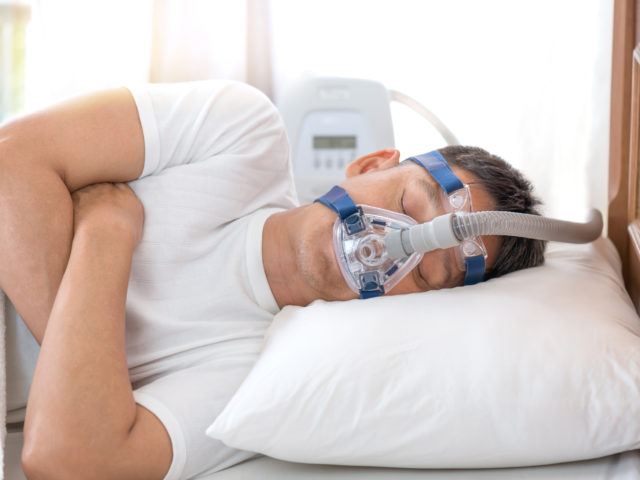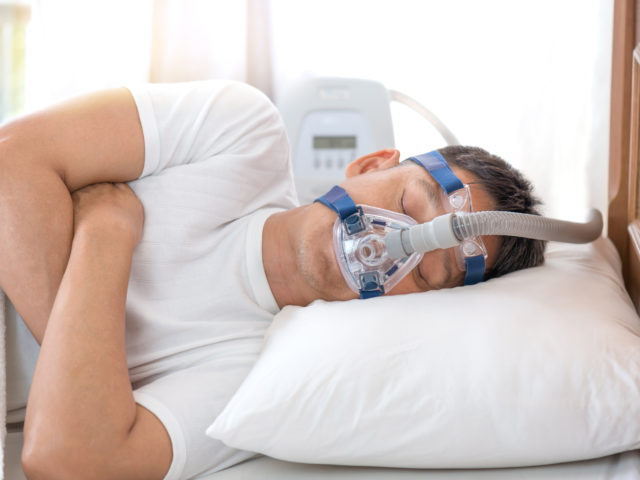
Happy and healthy senior man sleeping deeply on his left side without snoring
Improving Your Sleep Quality
Sleep is a fundamental aspect of human life that significantly influences our physical and mental well-being. However, in our fast-paced world, many individuals struggle with sleep-related issues. This comprehensive guide aims to shed light on the importance of sleep hygiene and provide practical tips to help you improve your sleep quality. By the end of this article, you’ll have a better understanding of how to achieve a restful and rejuvenating night’s sleep.
What Is Sleep Hygiene?
Sleep hygiene refers to a set of practices and habits that promote healthy sleep patterns and ensure you get the restorative sleep your body needs. Just as personal hygiene involves practices like brushing your teeth and showering to maintain physical health, sleep hygiene involves behaviors that contribute to the overall quality of your sleep.
The Importance of Sleep
Before delving into the specifics of sleep hygiene, let’s underscore the importance of sleep itself. Sleep is not just a passive state; it’s an active process during which the body undergoes crucial functions. Here are some key benefits of adequate sleep:
- Physical Restoration: Sleep allows the body to repair and rejuvenate itself, promoting muscle growth, tissue repair, and overall physical well-being.
- Mental Rejuvenation: During deep sleep, the brain processes and consolidates information, enhancing memory, creativity, and problem-solving skills.
- Emotional Balance: Sufficient sleep is essential for regulating mood and emotional stability, reducing stress, anxiety, and depression.
- Immune System Support: Sleep boosts the immune system, helping the body fend off illnesses and infections.
- Weight Management: Lack of sleep disrupts hormonal balance, leading to weight gain and an increased risk of obesity.
Tips for Better Sleep Hygiene
Now that we understand the importance of sleep, let’s explore some practical tips to improve sleep hygiene:
1. Maintain a Consistent Sleep Schedule
Try to go to bed and wake up at the same time every day, even on weekends. Consistency helps regulate your body’s internal clock, making it easier to fall asleep and wake up naturally.
2. Create a Relaxing Bedtime Routine
Engage in calming activities before bed, such as reading, taking a warm bath, or practicing relaxation techniques like meditation. Avoid stimulating activities like watching intense TV shows or checking emails right before bedtime.
3. Optimize Your Sleep Environment
Make your bedroom a sleep-friendly space by keeping it cool, dark, and quiet. Invest in a comfortable mattress and pillows that support your body’s needs.
4. Limit Screen Time
The blue light emitted by smartphones, tablets, and computers can interfere with your sleep cycle. Avoid screens at least an hour before bedtime, and consider using blue light filters on your devices.
5. Watch Your Diet
Avoid heavy meals, caffeine, and alcohol close to bedtime. These substances can disrupt your sleep patterns and make it harder to fall asleep.

6. Stay Active
Regular exercise can promote better sleep but try to finish your workouts a few hours before bedtime to allow your body to wind down.
7. Manage Stress
Practice stress-reduction techniques such as yoga, deep breathing, or progressive muscle relaxation to calm your mind before sleep.
8. Limit Naps
While short naps can be refreshing, long or irregular napping during the day can interfere with nighttime sleep. If you need to nap, keep it brief and early in the day.
Conclusion
Sleep hygiene plays a pivotal role in achieving quality rest and overall well-being. By implementing the tips outlined in this comprehensive guide, you can take significant steps toward improving your sleep quality and enjoying a more energized and productive life.
Remember that quality sleep is not a luxury; it’s a necessity. Prioritize your sleep hygiene, and you’ll reap the benefits of a healthier, happier, and more vibrant life. If you found this article useful, you may also visit their web page to read more about using sleeping pills.
